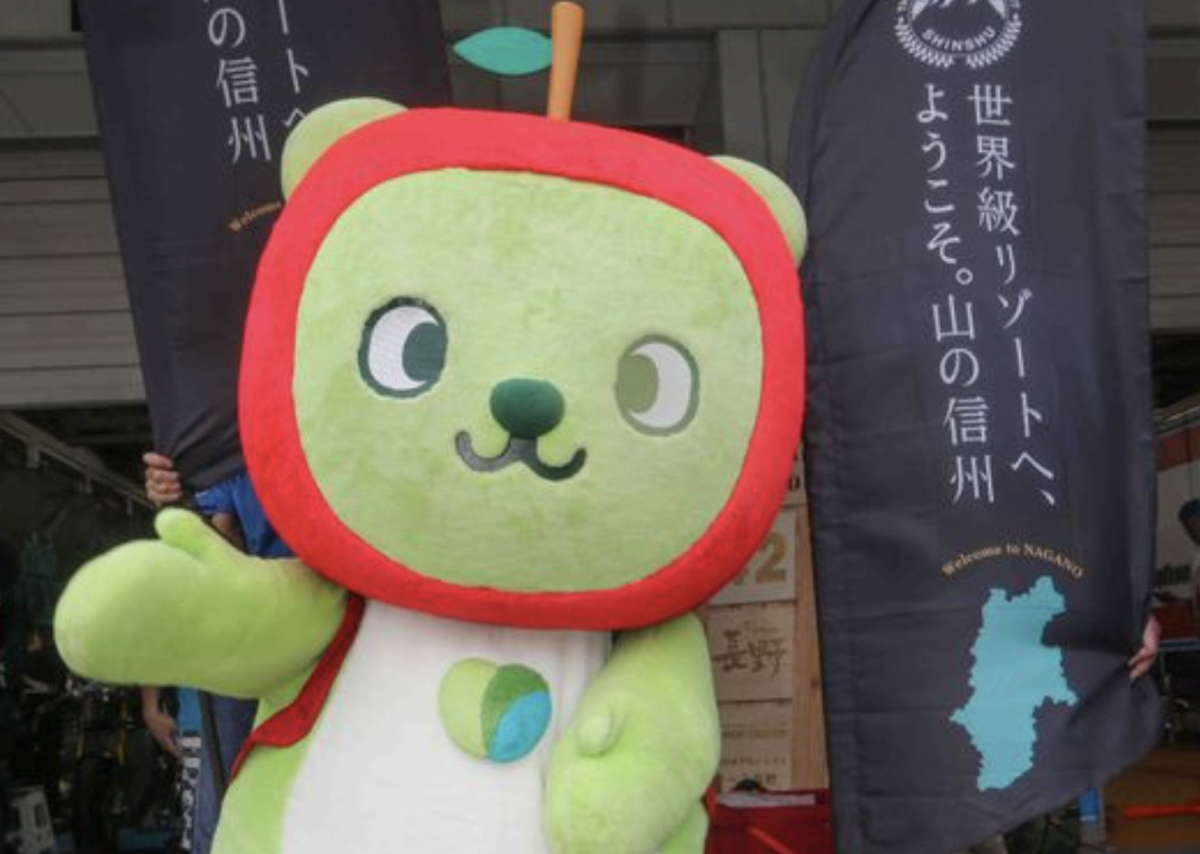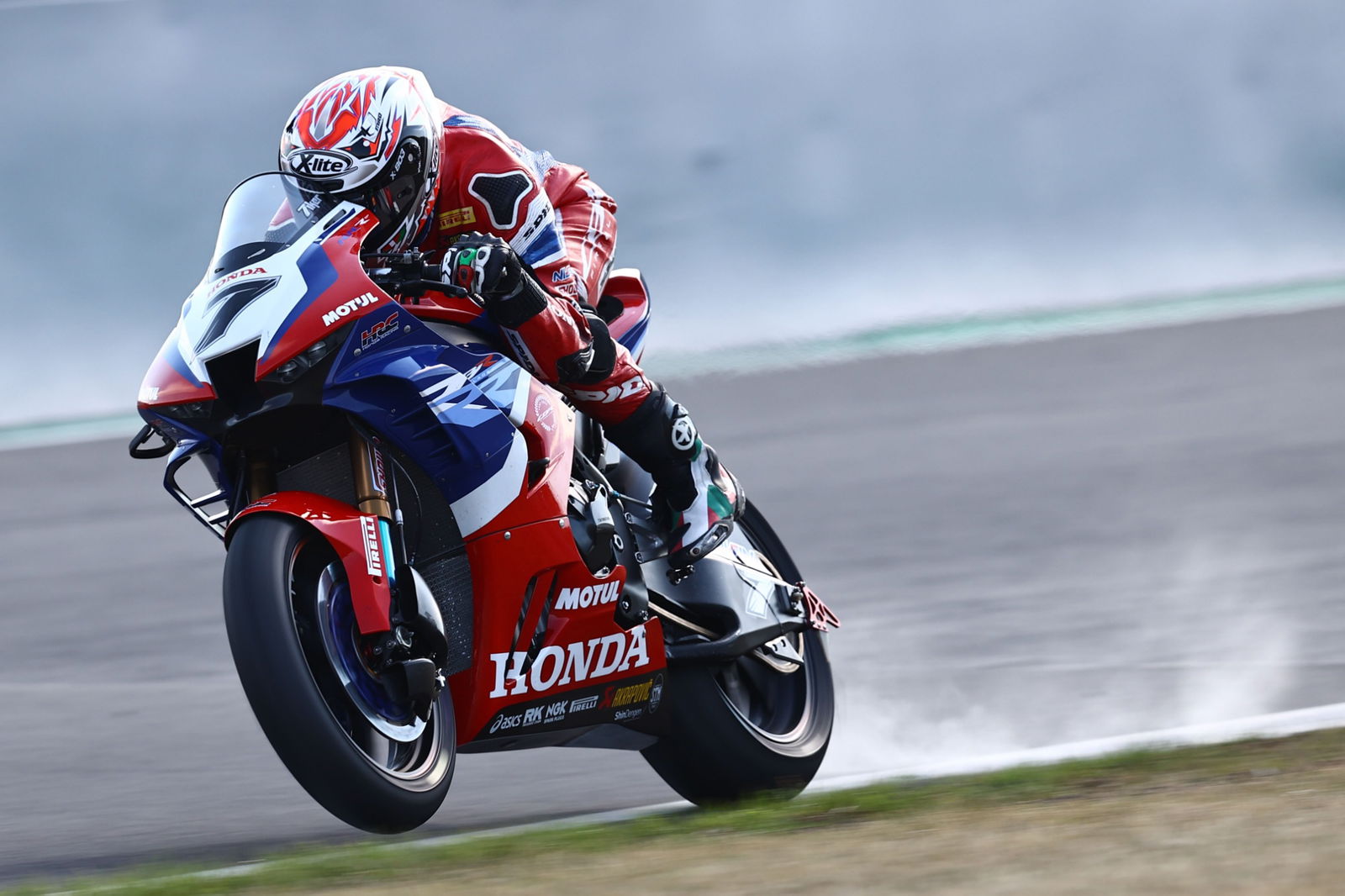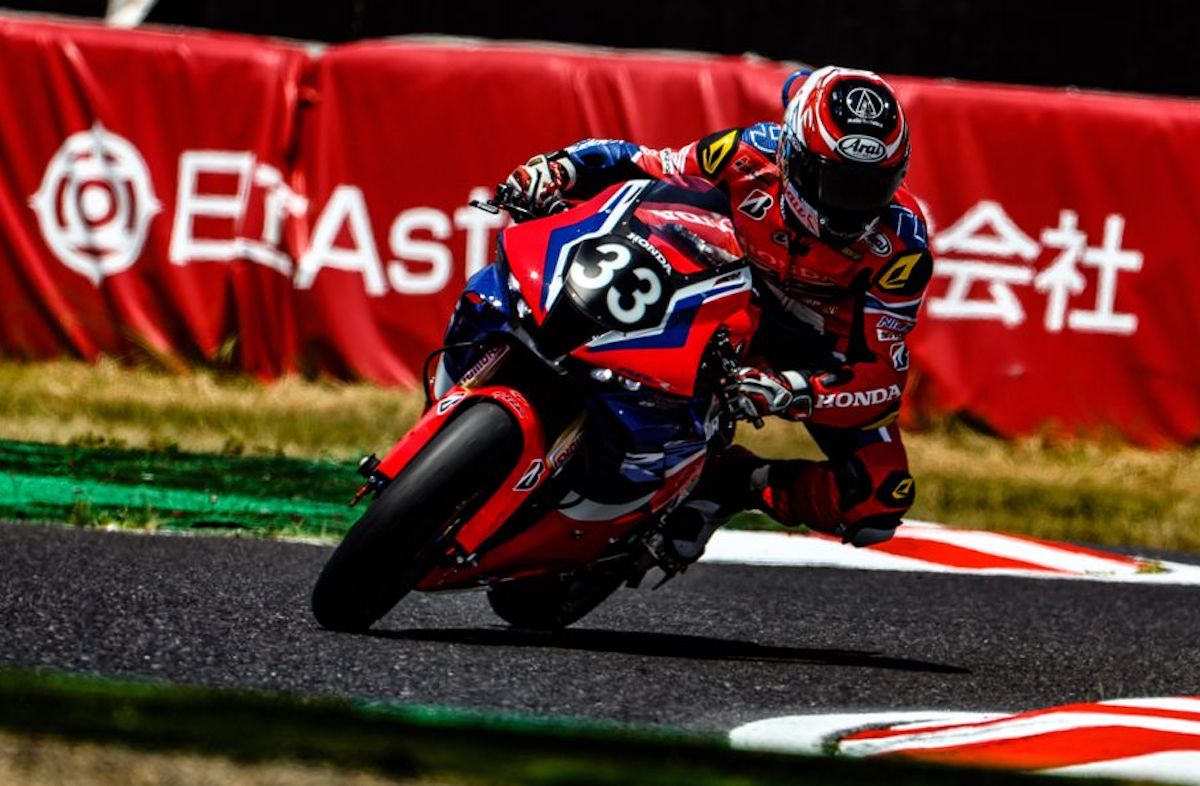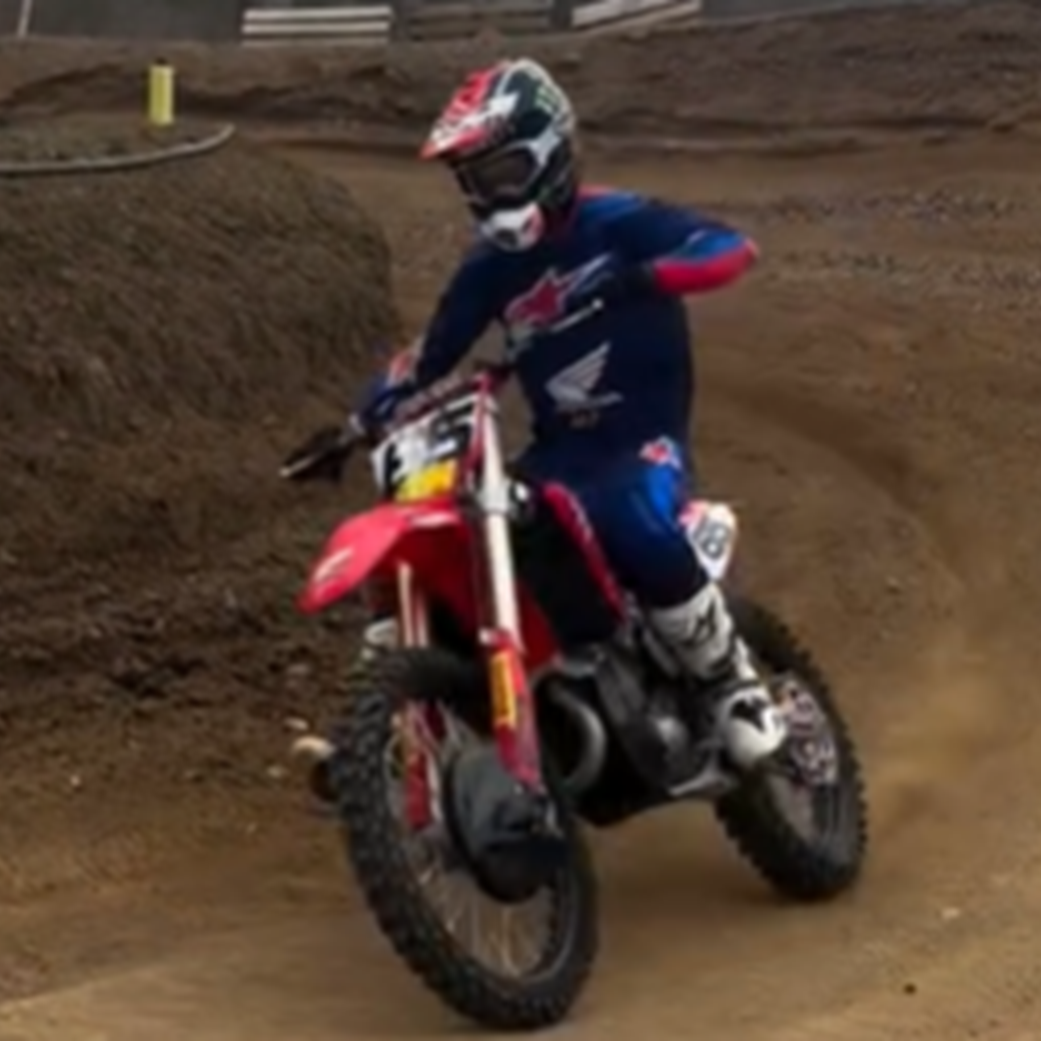2022 Suzuka 8 Hours | WorldSBK champs defend, Lecuona debuts, Suzuki farewell?

Wait, wait, hear me out.
So, yes the Isle of Man TT. MotoGP at Phillip Island. Anything on two wheels ever held at Assen. Each are undoubtedly massive events that can lay claim to being the biggest and best motorcycle festival in the world.
But if your sample selection happened to include some of the most important people in the motorcycling industry - specifically the hirers and firers in charge of Japan’s globally-vital ‘Big Four’ manufacturers of Honda, Yamaha, Kawasaki and Suzuki - then the Suzuka 8 Hours is the one they all want to win.
It’s a race that returns this weekend for the first time since 2019 and it might just turn out to be the most significant in its history as it could be the final time the aforementioned quartet square up against one another following the news Suzuki is withdrawing from motorsport at the end of 2022.
As they say, opinions are like a***holes - everyone has one - but the Suzuka 8 Hours is a bigger deal than you may realise… here’s why.
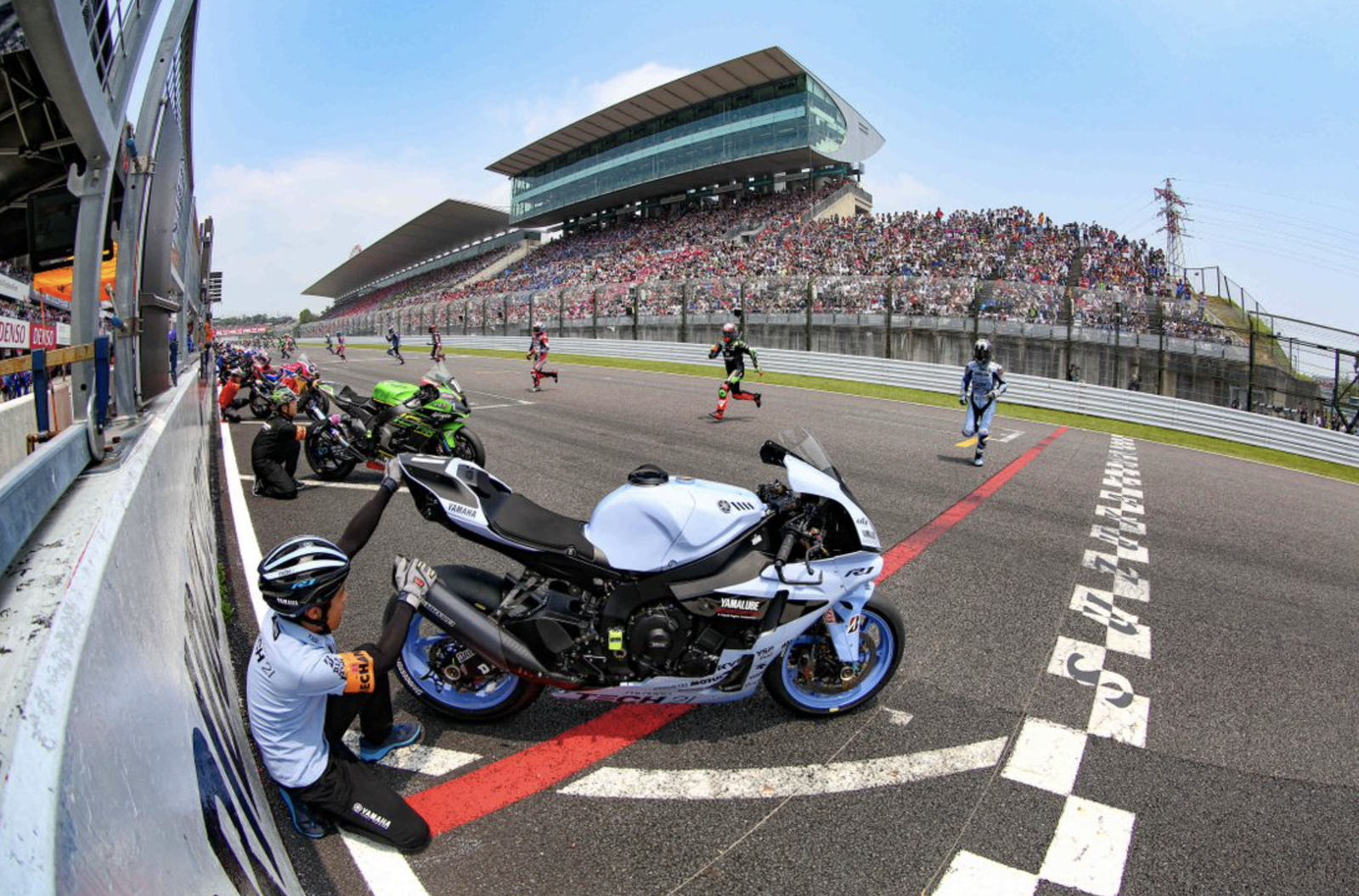
The ‘big four’ manufacturers say so
That bold aforementioned claim isn’t just simply mine; it’s the assertion of the big four Japanese manufacturers – Honda, Suzuki, Yamaha and Kawasaki - that have made this race the archetype correlation towards the ‘winning on Sunday, selling on Monday’ motto.
While MotoGP is the standard of engineering excellence, the Suzuka 8 Hours is a direct grudge match between the four Japanese manufacturers in a race that demonstrates the key values its culture holds so dearly – efficiency, reliability and teamwork.
With this in mind, Honda is the firm with the biggest grudges held against it with a remarkable 27 wins from 42 attempts, followed by Yamaha on eight, Suzuki on five and Kawasaki on two.
Of course, as a round of the Endurance World Championship, there are more than simply CBR1000RRs, GSX-R1000s, R1s and ZX-10Rs.
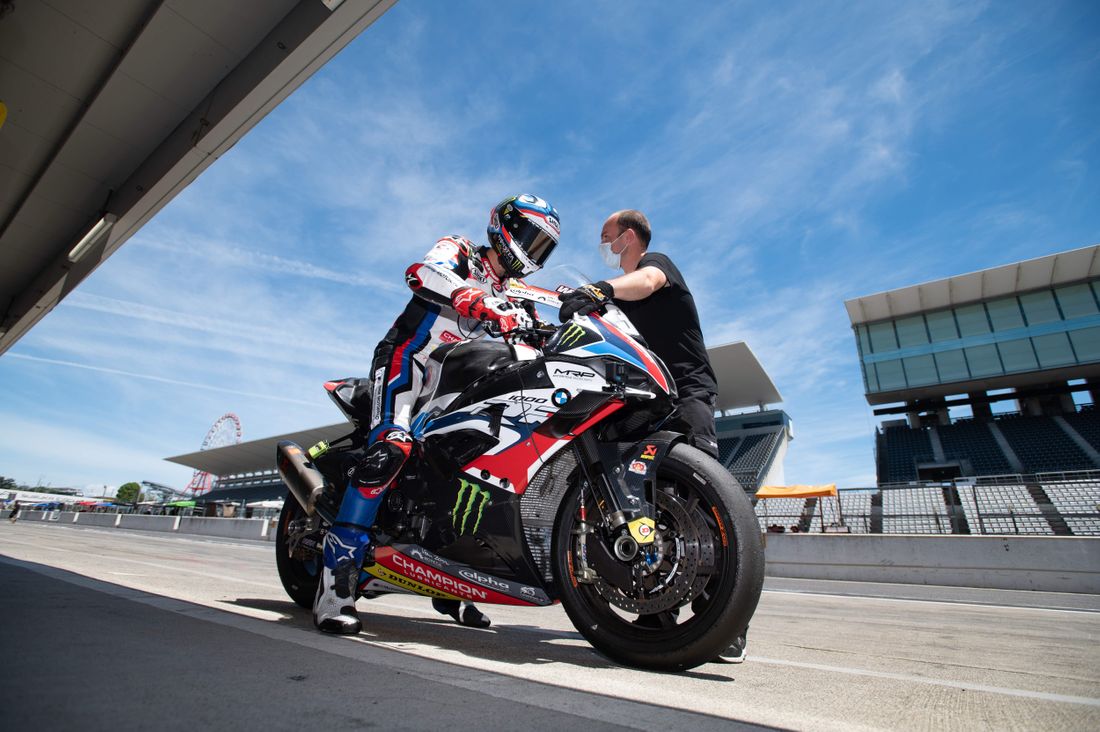
For 2022, a solitary Japanese-prepared Ducati will compete alongside a handful of BMW entries, while the German manufacturer will enter with factory support for the first time too.
It’s a significant bid too, because if BMW does cause an upset and win it would make the first time a foreign manufacturer has triumphed in the the Suzuka 8 Hours since its inauguration in 1978.
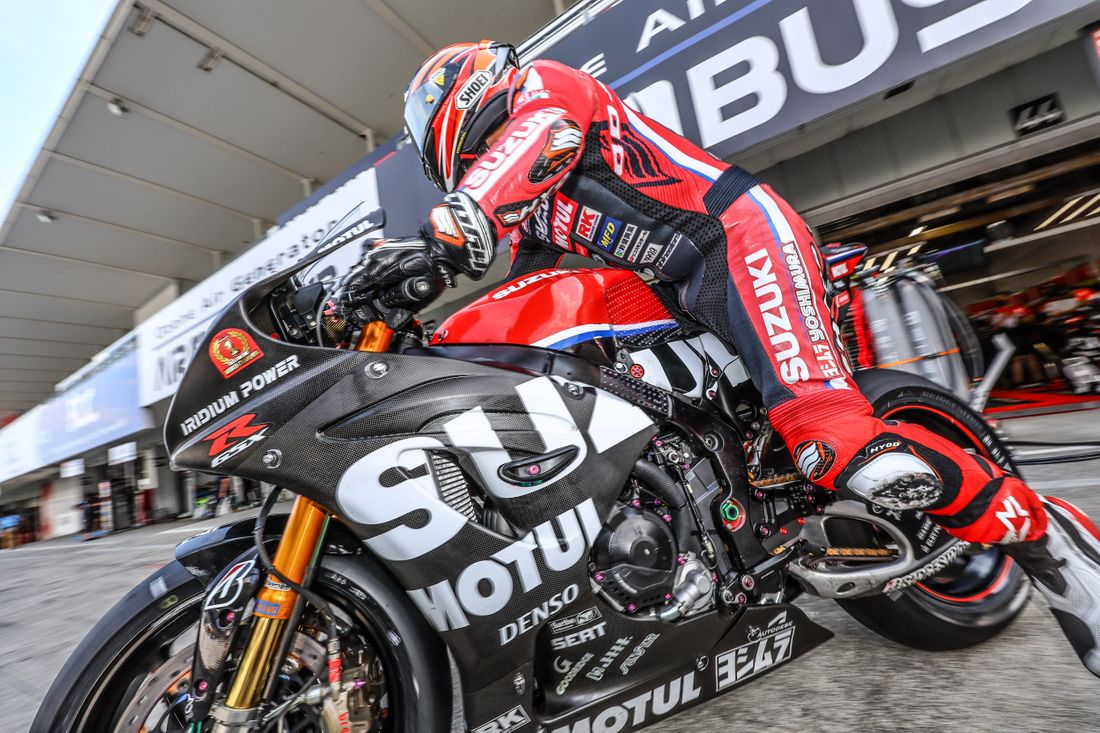
Motorcycling royalty attends… the ones that matter
Forget Valentino Rossi or Casey Stoner, the Suzuka 8 Hours sees the highest concentration of big wigs, big cheeses or big bosses, however you want to refer to them.
Riders say they are often spooked by seeing the CEOs and other very high-ranking company bosses huddled in the garages, the combined might of their finance, influence and passion adding to the pressure to perform.
On the other hand, victory in such an intense arena has the potential to earn you a job for life. This is no overstatement – bring honour, you will be endlessly rewarded.
However, this year’s race has added significance in that it could be the last time all four firms send a factory-backed entry with Suzuki’s decision to quit EWC (and MotoGP) leaving it without its double world championship winning SERT effort for 2023.
Privateer teams will likely fill the void in the short-term but if Suzuki doesn’t go on to replace the GSX-R1000 as has been speculated, it would be the end of an era…
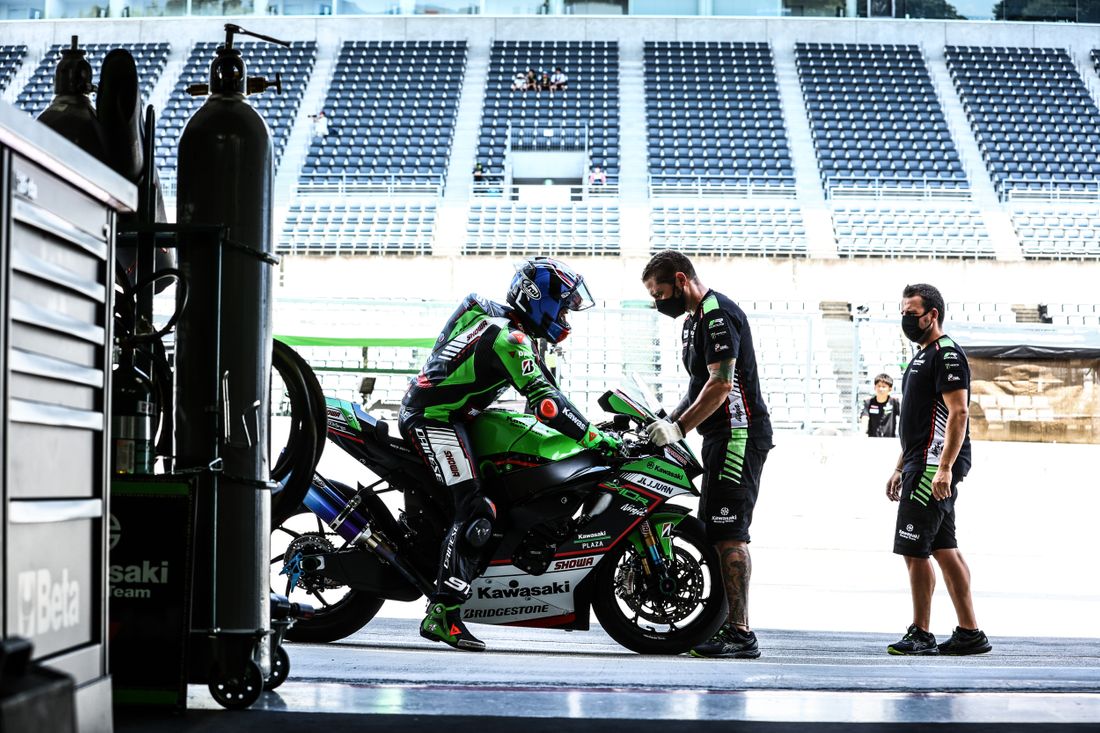
Being the best doesn’t make the winner
While the 1980s and early 2000s, when an influx of high-profile GP riders swelled the ranks to do battle, have given way to fewer headline-grabbing entries with a MotoGP pedigree, this has arguably been a benefit in that the action has levelled the playing field.
That’s not to say the current line-up is less capable in a straight fight, but let’s say factory support isn’t as evenly distributed amongst the masses when you have a publicity-soaked appearance by one Valentino Rossi, who won in 2001, dominating the attention.
Regardless, there are so many factors beyond quick laps that see victory. While the Suzuka 8 Hours looks like a doddle compared with the other three 24-hour races on the calendar, the shorter distance arguably creates a bigger challenge in blending sprint-style pace with consistency and reliability.
It also puts more emphasis on the pit crews back in the box to turn things around quickly. If you lack one of these factors, victory will be hard. More than any other race, this is a team sport.
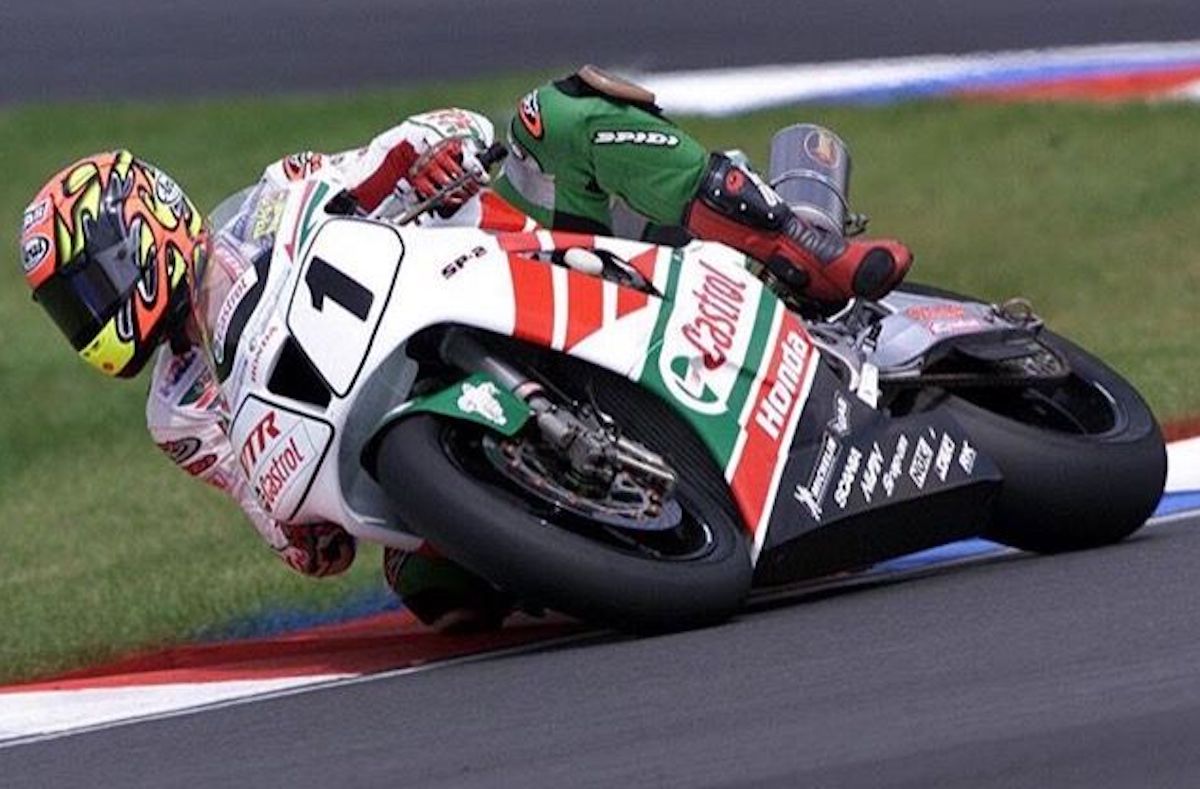
It’s one of the last great specialist events
Together with the TT, the Suzuka 8 Hours is an event where being a globally-recognised famous rider doesn’t naturally translate to being the favourite here. In fact, there is never really a favourite with the words ‘anything can happen’ a frequently rolled out mantra.
At its height, the Suzuka 8 Hours boasted the greatest Superbike grid in the world bringing entirely different talents and skills into the mix. The WorldSBK regulars can rely on their sprint style to turn it on in qualifying for instance, the EWC regulars will be the slickest when it comes to maximising a package over a distance – also pit-stops – and the All-Japan Superbike riders have the precision of knowing every Suzuka millimetre
Remember the days when Japanese riders sprung up for wild-cards and dominated in WorldSBK? This is the modern-day equivalent, only the other way around…
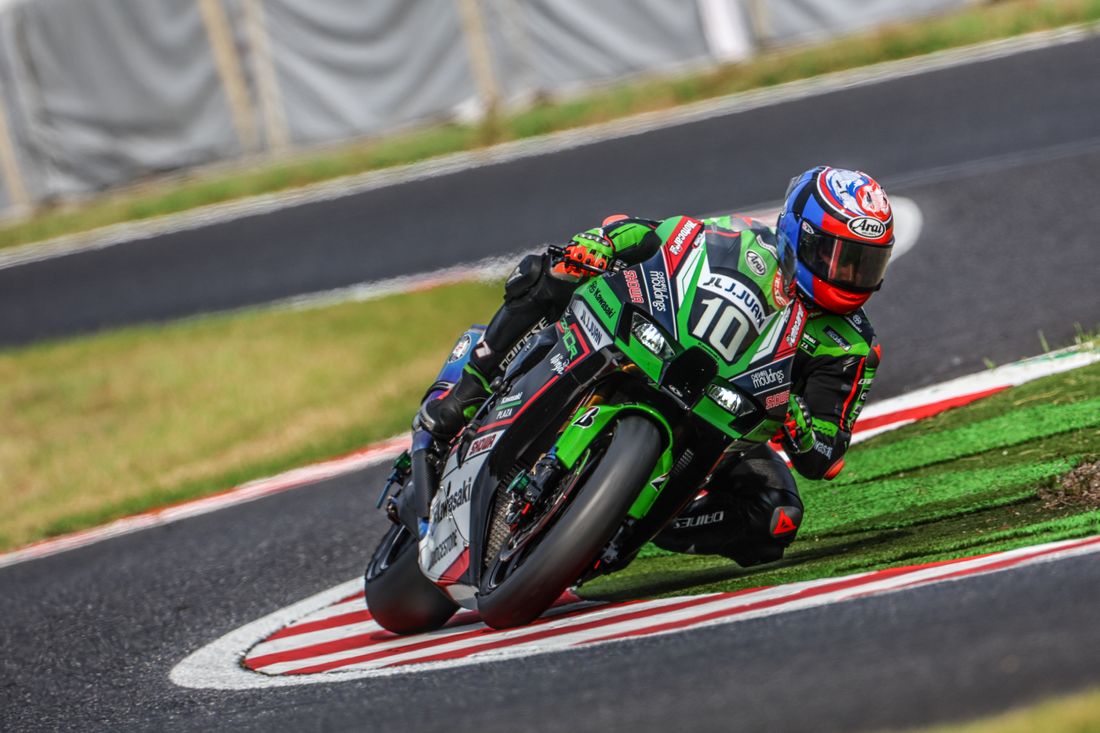
It features the WorldSBK Champions
Kawasaki has - or at least ‘had’ - a fairly woeful record at the Suzuka 8 Hours. Prior to the 2019 Suzuka 8 Hours, you had to trace right back to 1993 to when Kawasaki last held aloft the winners’ trophy, a startling statistic when you consider it has all-but-dominated the Superbike scene in the last few years.
Having failed to succeed in weaving its international riders with its domestic teams, Kawasaki caused a stir by simply utilising its best asset - the seven-time WorldSBK title winning Kawasaki Racing Team - and bringing the entire effort over to Japan instead.
It proved a masterstroke move with Jonathan Rea and Leon Haslam romped to a superb victory, albeit in controversial circumstances when the Ulsterman crashed in the final minutes on oil spent by an expiring Suzuki.
Yamaha was initially named as the winner before an appeal by Kawasaki - arguing the race should be counted to the last completed lap because it crashed as a result of another bike’s problems - saw the decision overturned. It meant this was the first effort to win the Suzuka 8 Hours without a Japanese rider since Valentino Rossi and Colin Edwards in 2001.
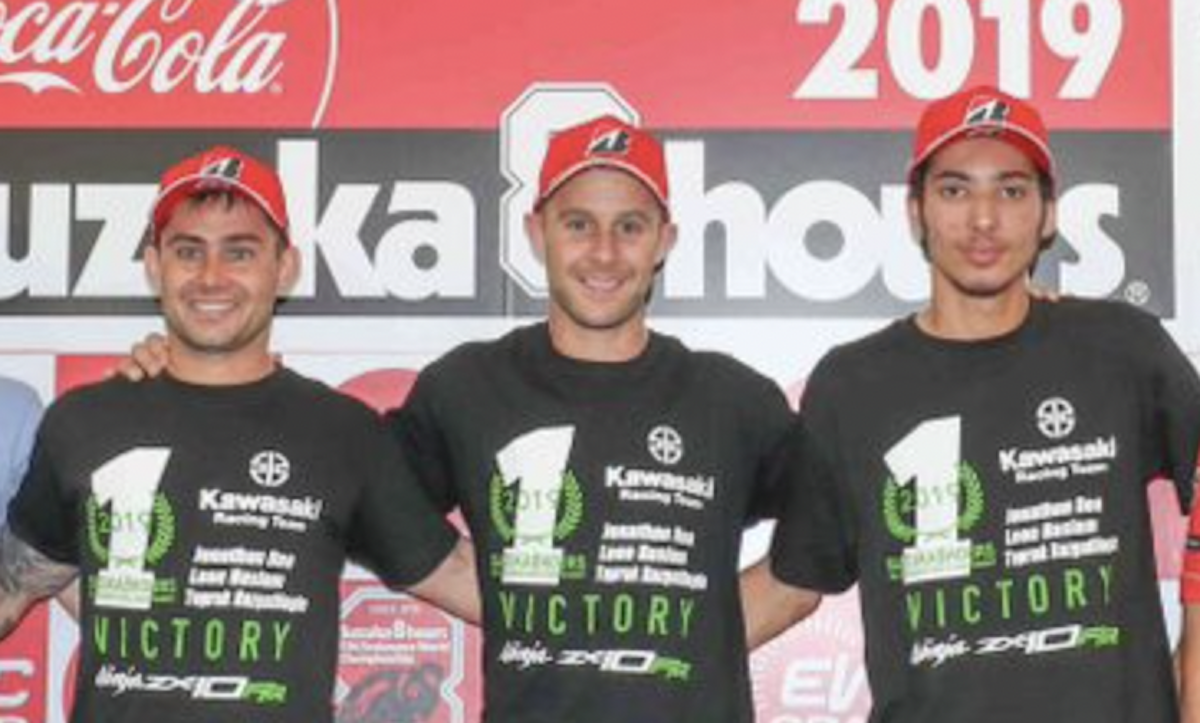
It’s worth noting here that the team also included then-Kawasaki contracted Toprak Razgatlioglu too after he was added to the line-up late on and flown over. However, the Turk didn’t turn a single lap over the weekend after it was decided his more ragged style on the ZX-10RR wasn’t conducive to endurance racing, which goes on to explain his rather muted expression in the above photo.
A fair assessment or not, the decision went on to have major implications for Kawasaki with Razgatlioglu and his manager Kenan Sofuoglu - who branded the snub an insult to his rider - promptly rejecting the offer of a factory KRT WorldSBK ride in 2020 in favour of a switch to Yamaha.
The rest, as they say, is recent history…
Fast-forward to today and KRT is back to defend its title with a stellar rider line-up of Rea, Haslam - back in the fold after returning to Kawasaki machinery in BSB - and Alex Lowes, the Briton already a three-time Suzuka 8 Hours winner with Yamaha, now eyeing a fourth with Kawasaki.
Curiously, given the KRT affair, Razgatlioglu won’t be competing because there is no Yamaha Factory Racing entry this time. The pop-up team has been a force in the Suzuka 8 Hours, scoring several wins with formidable line-ups comprising its best WorldSBK riders and the occasional MotoGP runner like Bradley Smith and Pol Espargaro, plus unstoppable ten-time All-Japan Superbike Champion Katsuyuki Nakasuga.
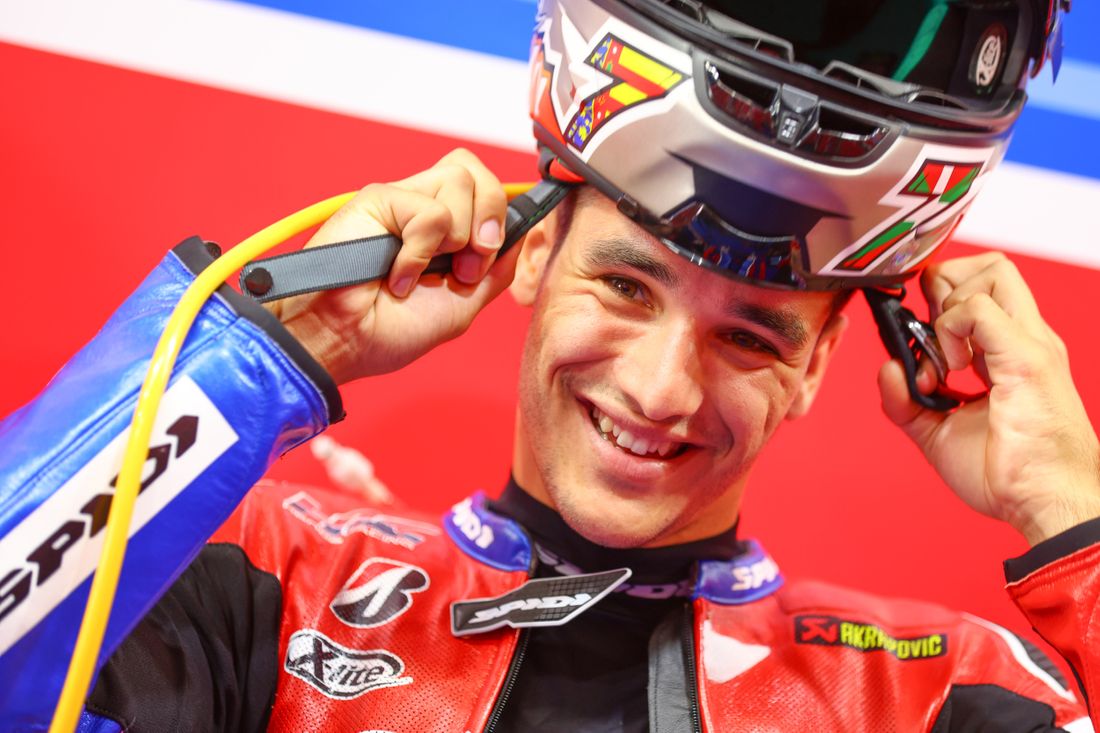
However, no Yamaha Factory Racing Team - or Nakasuga for that matter - this year means it will fall to the EWC YART (Yamaha Austria Racing Team) to fill the void.
Elsewhere, Team HRC Honda will attempt to ‘do a KRT’ with its own WorldSBK effort, which contains ex-MotoGP rider Iker Lecuona [above] making his Suzuka 8 Hours debut. In fact, Honda are going in hard for Suzuka with 16 entries, including EWC FCC TSR effort and south-east Asia based Honda Dream Racing team.
The sheer mystique
Whilst the internet, multi-channel television and social media have disassembled the barriers that would stop anyone from getting to every possible lap time, on-board or crash with nothing more than a few flicks of a mouse, there remains a sense of ‘mystique’ about the Suzuka 8 Hours that stretches back to the 90s when Japanese motorsport was very closed-off from a wider world.
Indeed, whether it was because the local reporting was in kanji or a grid of 90 per cent of unfamiliar looking names amongst 10 per cent of global favourites limited the desire for publications to spend time in money attending or translating to push it globally, the Suzuka 8 Hours was often a footnote in magazines printed days later.
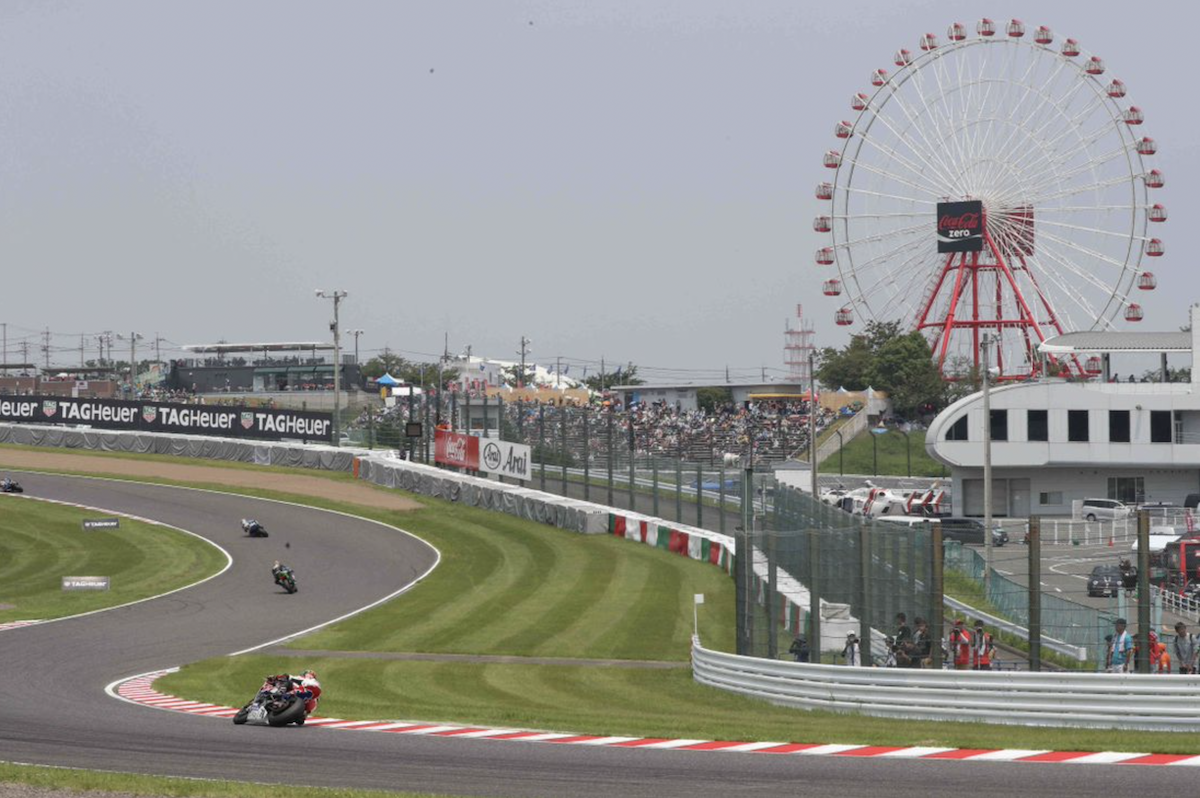
And yet here was a race attracting GP stars and 130,000 spectators every year. Not only that, these spectators are passionate.
Anyone who has ever attended or competed in a motorsport event in Japan will know it is an experience that is both hard to explain or unforgettable in equal measures.
The Japanese love their motorsport – as demonstrated by consistently packed stands at Suzuka or Motegi during F1 and MotoGP – but with dwindling local heroes to cheer on in either series, the Suzuka 8 Hours has instead become the annual highlight for motorsport fans to see big names and root for their home hopes.
Moreover, it’s been a full 16 years since Japan last hosted a WorldSBK race (and we are still baffled as to why it hasn’t returned) and given the huge influence the nation has on the motorcycle industry as a whole, it should be given the dues it deserves.
And, of course, the Suzuka Circuit itself is considered one of the world's foremost riders' tracks with iconic bends as Degner, the S Curves and - most famous of all - 130R.
In short, if you haven’t bucket list it yet, put it somewhere near the top. Even if it's just to meet this cute little chap...
